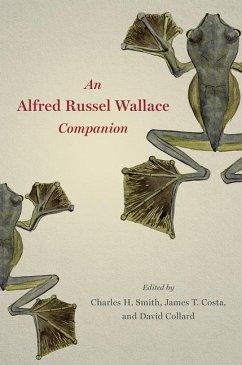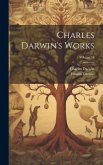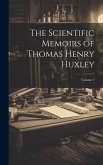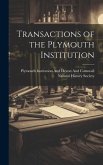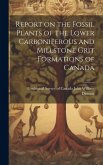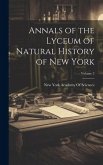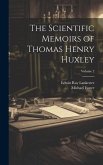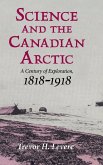Although Alfred Russel Wallace (1823-1913) was one of the most famous scientists in the world at the time of his death at the age of ninety, today he is known to many as a kind of "almost-Darwin," a secondary figure relegated to the footnotes of Darwin's prodigious insights. But this diminution could hardly be less justified. Research into the life of this brilliant naturalist and social critic continues to produce new insights into his significance to history and his role in helping to shape modern thought. Wallace declared his eight years of exploration in southeast Asia to be "the central and controlling incident" of his life. As 2019 marks one hundred and fifty years since the publication of The Malay Archipelago, Wallace's canonical work chronicling his epic voyage, this collaborative book gathers an interdisciplinary array of writers to celebrate Wallace's remarkable life and diverse scholarly accomplishments. Wallace left school at the age of fourteen and was largely self-taught, a voracious curiosity and appetite for learning sustaining him throughout his long life. After years as a surveyor and builder, in 1848 he left Britain to become a professional natural history collector in the Amazon, where he spent four years. Then, in 1854, he departed for the Malay Archipelago. It was on this voyage that he constructed a theory of natural selection similar to the one Charles Darwin was developing, and the two copublished papers on the subject in 1858, some sixteen months before the release of Darwin's On the Origin of Species. But as the contributors to the Companion show, this much-discussed parallel evolution in thought was only one epoch in an extraordinary intellectual life. When Wallace returned to Britain in 1862, he commenced a career of writing on a huge range of subjects extending from evolutionary studies and biogeography to spiritualism and socialism. An Alfred Russel Wallace Companion provides something of a necessary reexamination of the full breadth of Wallace's thought--an attempt to describe not only the history and present state of our understanding of his work, but also its implications for the future.
Hinweis: Dieser Artikel kann nur an eine deutsche Lieferadresse ausgeliefert werden.
Hinweis: Dieser Artikel kann nur an eine deutsche Lieferadresse ausgeliefert werden.

